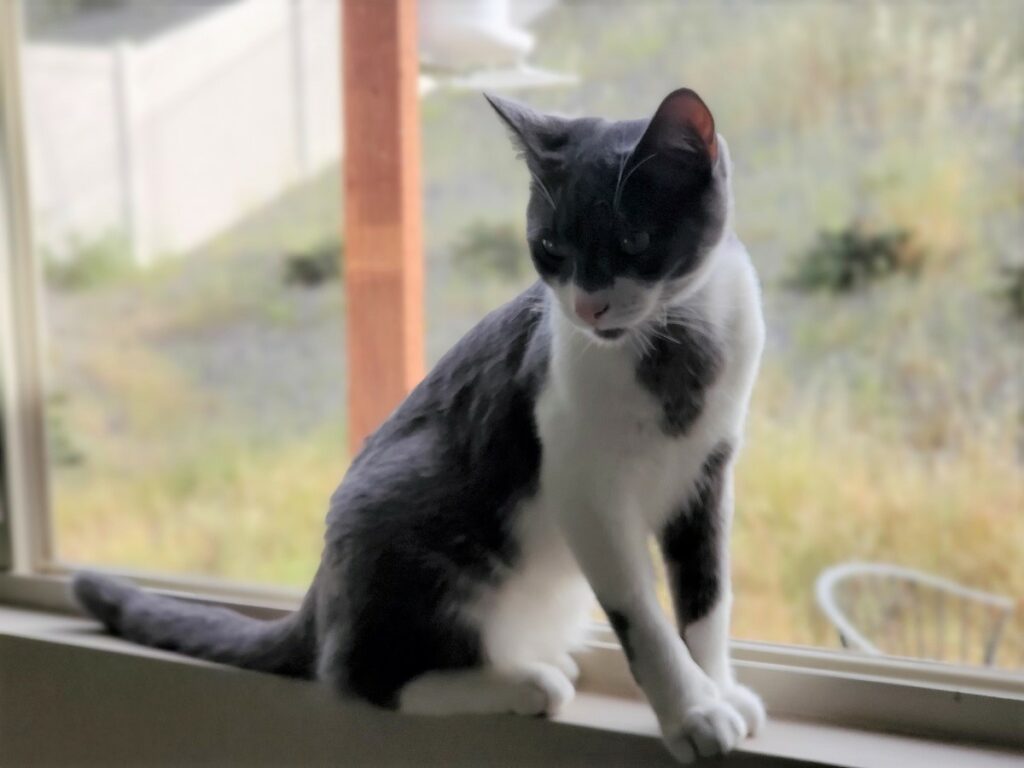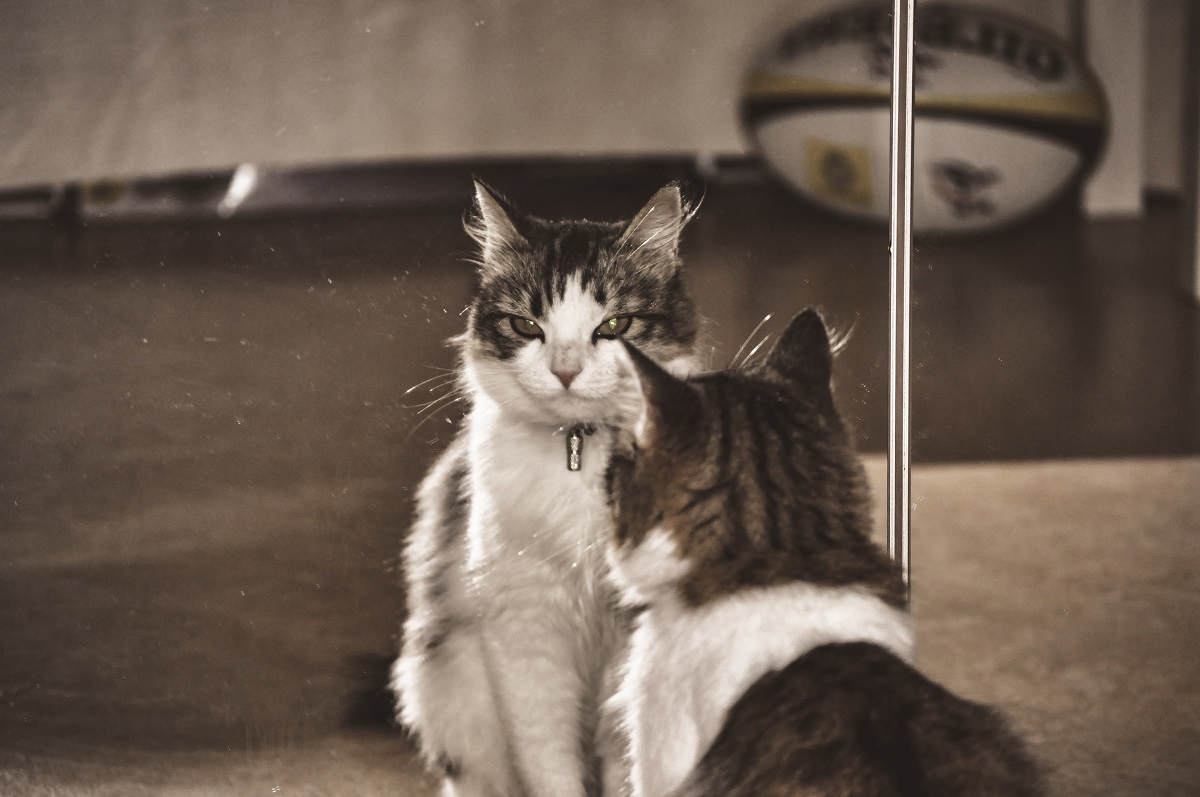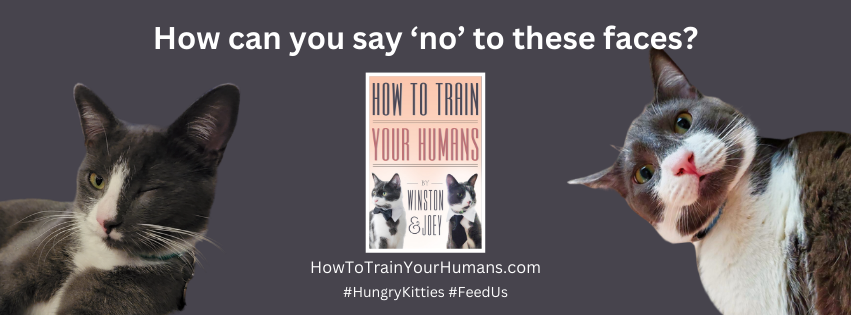You’ve probably seen it before: your cat catches a glimpse of themselves in the mirror, stares for a second, then either swats at their own face or walks away like nothing ever happened. The whole scene is a mix of confusion, curiosity, and feline pride. But what is really going on in that mysterious little brain?
Most cats do not recognize their own reflection as “self”, at least not in the same way humans or some other animals do. But that doesn’t mean mirrors are meaningless to them. In fact, how your cat reacts to their reflection says a lot about how they perceive their world.
Let’s break down what the science says, what you might notice at home, and why the mirror might always be a little suspicious in your cat’s eyes.
How Self-Recognition Is Measured in Animals
To understand how animals perceive themselves, scientists often use what is called the mirror test. It works like this: a visible mark is placed on an animal’s face in a spot they cannot see without a mirror. If the animal looks in the mirror and touches or investigates the mark on their own body, it is considered a sign of self-awareness.
So far, very few animals have passed this test. Some great apes, dolphins, elephants, and magpies have shown this ability. Cats, however, consistently fail the mirror test. When a cat sees its reflection, it does not show signs that it understands it is looking at itself.
But here’s where it gets interesting: that does not mean cats are clueless. It just means they experience mirrors differently than we do.
What a Cat Actually Sees in the Mirror
When your cat looks into a mirror, it sees another cat-shaped figure mimicking its every move. What it does not get is the idea that this “cat” is actually them.
Cats rely heavily on scent, sound, and body language to identify individuals. Since the reflection does not smell like a cat, make any sound, or behave independently, your cat quickly realizes something is off.
Common reactions include:
- Staring with intense curiosity
- Swatting or pouncing at the mirror
- Looking behind the mirror for the “other” cat
- Hissing or backing away
- Losing interest completely and walking off
Each cat will respond differently, but in most cases, they will lose interest quickly once they figure out that the reflection is not a real intruder.
Is It Confusion, Curiosity, or Just Cat Logic?
At first glance, it may seem like your cat is confused by their reflection. And to some extent, they probably are. But it is not because they lack intelligence. It is because they are not wired to make sense of mirrors in the way we are.
Cats are sensory experts. They rely far more on scent and movement than visual details. When something looks like a cat but does not smell or act like one, it gets filed away as “not important” in the mental database.
To your cat, the reflection might just be a weird, silent copycat. Annoying? Maybe. Worth fighting? Only sometimes.
Do Some Cats React Differently?
Yes. Kittens and younger cats tend to be more playful or aggressive toward mirrors simply because they are still exploring their environment. A bouncing reflection that mimics their movement is irresistible for a kitten who has not figured out the rules of physics yet.
Adult cats are often more chill about it. Once they learn that the mirror cat never blinks first or leaves the glass, most stop paying attention. Some might even learn to use the mirror to watch movement behind them, like a stealthy little periscope.
In multi-cat households, cats might mistake their own reflection for another cat and react territorially, especially if they are already on edge. If this happens often, moving or covering mirrors can help reduce stress.

Dad! Stop! Don’t Move! You are NOT going to believe this… There’s another kitty in the window. And he looks… Just. Like. Me. #FreakingOut #ImpersonaCat #KittyDoppleganger
Joey
Can Cats Learn to Recognize Themselves?
Probably not in the way humans do. Self-recognition involves a high level of abstract thinking, and there’s no evidence that domestic cats process visual information that way.
But that doesn’t mean your cat is lacking awareness. They are fully aware of their own body, position, and surroundings. They just don’t tie those things to their visual reflection. It’s not a failure. It’s just feline logic.
What’s more important than mirror recognition is that your cat can:
- Recognize your voice and scent
- Navigate new environments
- Build strong emotional bonds
- Learn routines and respond to their name
They may not care about their appearance, but they know when dinner is five minutes late.
Final Thoughts: The Mirror Is Not Their Friend, and That’s Fine
When your cat looks into a mirror, they are not seeing themselves. They’re seeing a strange, silent cat who never leaves. It is not a sign of confusion or a lack of intelligence. It is just that mirrors do not fit into the way cats make sense of the world.
For cats, identity is built through scent, sound, territory, and trust. So while they may never admire their reflection or fix their whiskers in the mirror, they know who they are, and they definitely know who you are.
And really, who needs self-recognition when you already act like the ruler of the house?
Sources:
The Mirror Test and Animal Self-Awareness https://www.ncbi.nlm.nih.gov/pmc/articles/PMC2400390
Understanding Cat Senses https://www.icatcare.org/advice/how-cats-use-their-senses
Cat Behavior Basics https://www.humanesociety.org/resources/understanding-your-cats-behavior
Why Cats React to Mirrors https://www.petmd.com/cat/behavior/do-cats-recognize-themselves-mirror
Recent Posts
Explore why cats sleep so much, including the evolutionary reasons and the health benefits they derive from their extensive sleep patterns.
Explore the causes of cat dandruff, its implications, and effective ways to deal with it so your feline friend remains happy and healthy.


